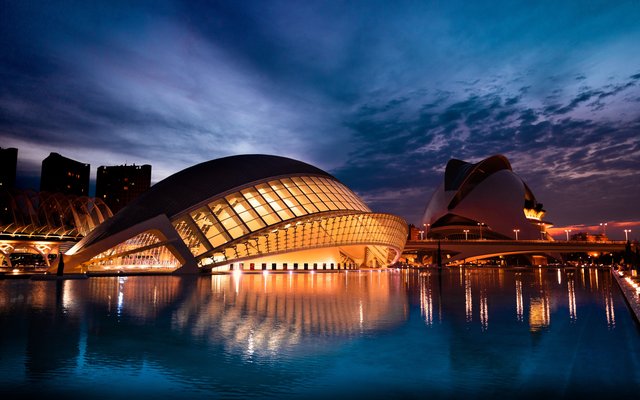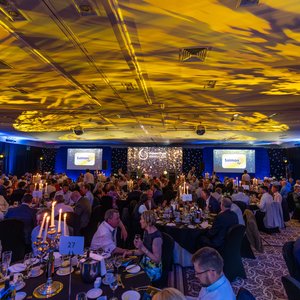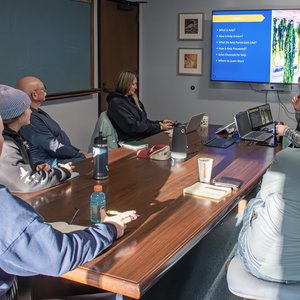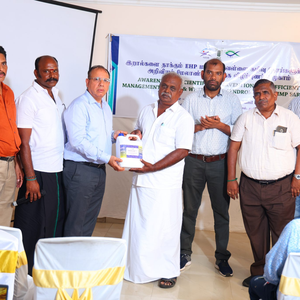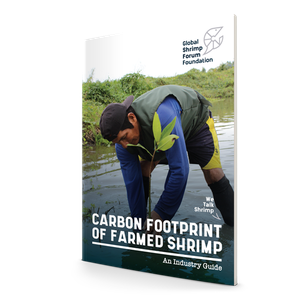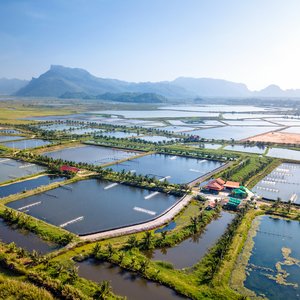Carlos M. Duarte, Elisabetta Giuffra, and Joan Riera have been announced as the plenary speakers for Aquaculture Europe, taking place from September 23 to 25 in Valencia, Spain.
Day 1: Regenerative Aquaculture to Reconcile Human and Planetary Health by Carlos M. Duarte
Failure to achieve sustainable development goals will burden society for generations, as human health is compromised from the increased prevalence of hunger, pollution and climate change impacts, while we continue to lose biodiversity on land and oceans. In this lecture, Carlos will argue that regenerative aquaculture, defined as an aquaculture practice that increases economic, social, cultural and natural capital, is an essential underpinning to fast-track our progress toward the goals. He will elaborate on how the aquaculture practice can be regenerative and the benefits of a transition of the industry to a renewable paradigm for planetary and human health. Carlos will then describe the roadblocks, including scientific, governance, and market challenges that need to be overcome to achieve this necessary transition to complete the landmark revolution introduced in human history by the advent of the Industrial Revolution.
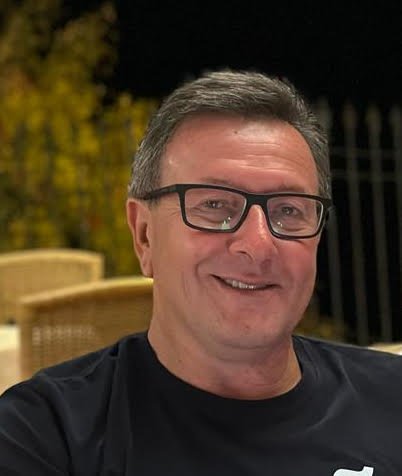
Ibn Sina Distinguished Professor Carlos M. Duarte (Lisbon, 1960) is the Tarek Ahmed Juffali Research Chair in Red Sea Ecology at the King Abdullah University of Science and Technology (KAUST), in Saudi Arabia, and Executive Director of the Global Coral R&D Accelerator Platform and CEO of the CORDAP Foundation. Before, he was Research Professor with the Spanish National Research Council (CSIC) and Director of the Oceans Institute at the University of Western Australia. He also holds an honorary professor position at the Arctic Research Center in Aarhus University, Denmark.
Duarte’s research focuses on understanding the effects of global change in marine ecosystems and developing nature-based solutions to global challenges, including climate change, and developing evidence-based strategies to rebuild the abundance of marine life by 2050. Building on his research showing mangroves, seagrasses and salt marshes to be globally-relevant carbon sinks, he developed, working with different UN agencies, the concept of Blue Carbon, as a nature-based solution to climate change, which has catalyzed their global conservation and restoration. Duarte has conducted research across all continents and oceans, spanning most of the marine ecosystem types, from inland to near-shore and the deep sea and from microbes to whales, and has a particular focus on the role of seaweed aquaculture as a sustainable solution for multiple challenges.
Professor Duarte led the Malaspina 2010 Expedition, including over 700 scientists from 38 institutions from across 18 nations, that sailed the world's oceans to examine the impacts of global change on ocean ecosystems and explore deep-sea biodiversity. Elected in 2006, Professor Duarte served as President of the American Society of Limnology and Oceanography between 2008 and 2010. He has published more than 1,100 scientific papers and has been ranked within the top 1% Highly-Cited Scientist by Thompson Reuters in all assessments of this rank, in two categories, and was ranked as the top marine biologist in the world, 4th in Ecology and Evolution and the 12th most influential climate scientist in the world (Reuters).
He has received many honors, including the Japan Prize 2025, the G. Evelyn Hutchinson Award from the American Society of Limnology and Oceanography in 2001, the National Science Award of Spain (2007), and the I. Vernadsky Medal of the European Geophysical Union. the Prix d’Excellence by the International Council for the Exploration of the Seas (ICES, 2011), the Carlo Heip award for excellent in Marine Biodiversity (2018), and the Ramon Margalef Ecology Award (2019), and the BBVA Foundation Frontiers of Knowledge Award in Ecology and Conservation Biology (2020), and was appointed Academic at the Spanish Royal Academy of Science (2021). Duarte received honorary doctorates from the Université de Québec a Montrèal (Canada) in 2010 and Utrecht University (The Netherlands) in 2012. He serves in the Expert Group supporting the High-Level Group, including 12 heads of states, proposing a pathway towards a Sustainable Ocean Economy, and has been appointed to the selected “Friends of Ocean Action” group of Ocean leaders. He also serves in the scientific committee of Extreme-E, advises the Spanish Olympic on Sustainability and is currently supervising the sustainability plan of the FIFA 2030 World Cup. Find more information here.
Day 2: Leveraging the value of functional genome annotations and refined phenotypes by Elisabetta Giuffra
Since its launch in 2015, the functional annotation of genomes has added value and utility to the genome sequences of both terrestrial and aquatic domesticated animal species. GENE-SWitCH and the other H2020 EuroFAANG projects have contributed to this effort, exploiting the new genomic knowledge for genotype-to-phenotype research and applications and consolidating emerging research priorities and needs. A new European initiative will be presented that will support fundamental and applied research across domains in animal farming.
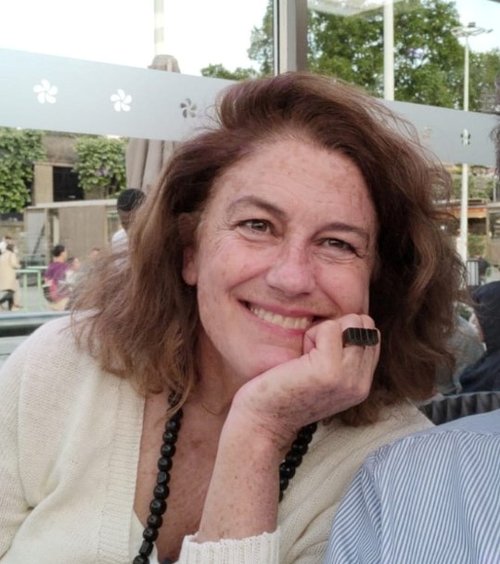
Elisabetta Giuffra, biologist, PhD, holds a research director position at the GABI Unit of Paris-Saclay University, INRAE, AgroParisTech in Jouy-en-Josas (France). In recent years, she has been working in the field of host (pig)-virus interactions by transcriptional genomics approaches and in the context of the functional annotation of farm species genomes for genotype-to-phenotype research. She is co-leader of the international Functional Annotation of Animal Genomes (FAANG) initiative and has coordinated the H2020 FAANG project GENE-SWitCH (2019-2023). She is currently developing studies of genotype-phenotype relationships in pig-virus interactions in vitro using organoids and leads a work package (Development of a framework for biobanking and use of in vitro cellular models) of the EuroFAANG research infrastructure project (2023-2025).
Day 3: What's happening with seafood consumption? by Joan Riera
The latest Eurobarometer report from the European Commission reveals a decline in seafood consumption across the European Union (EU). Only 29% of Europeans consume fishery and aquaculture products at least once a week at home, a figure that has dropped compared to previous years. However, Spain remains an exception to this trend, leading the EU in seafood consumption. So what is happening? Is price the only driver? Is this a growing concern for us all?
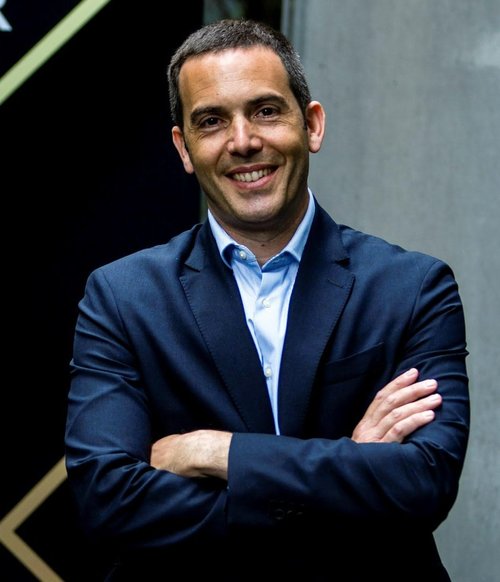
Joan Riera will take the audience through the recent consumption data from Spain and compare this with several other EU countries. He will give us his insights into Spanish consumer trends and patterns for the main seafood products coming from both fisheries and aquaculture.
Born in Barcelona, Joan holds a degree in Business Administration and Management from the Universidad Autonoma de Barcelona. He has developed his career at Kantar Worldpanel, a global leader with over 60 years of experience in studying consumer behaviour.
During these years, Joan and his team have advised local and global food clients, working closely with marketing and sales departments to uncover actionable recommendations for growing their businesses. Joan is currently the Director of Client Service at the Barcelona office.


